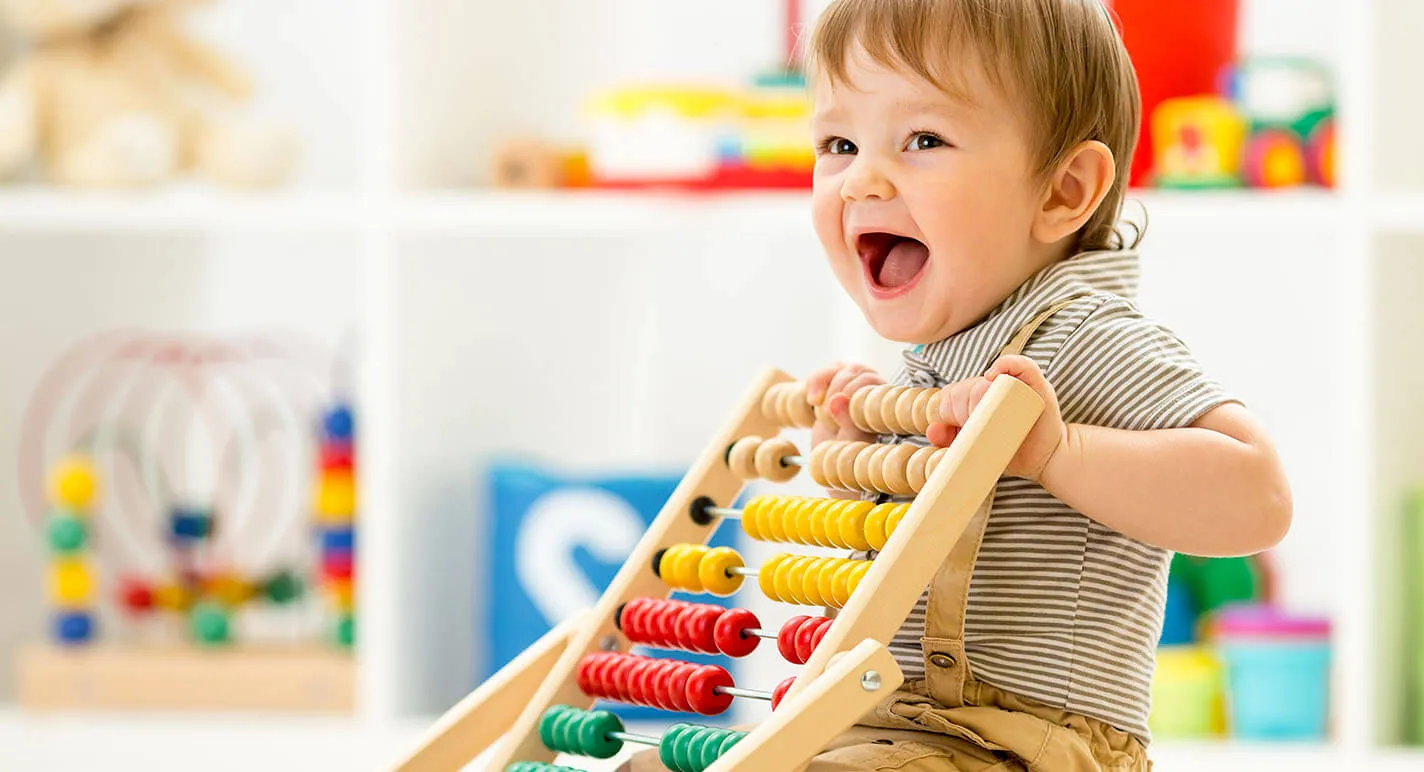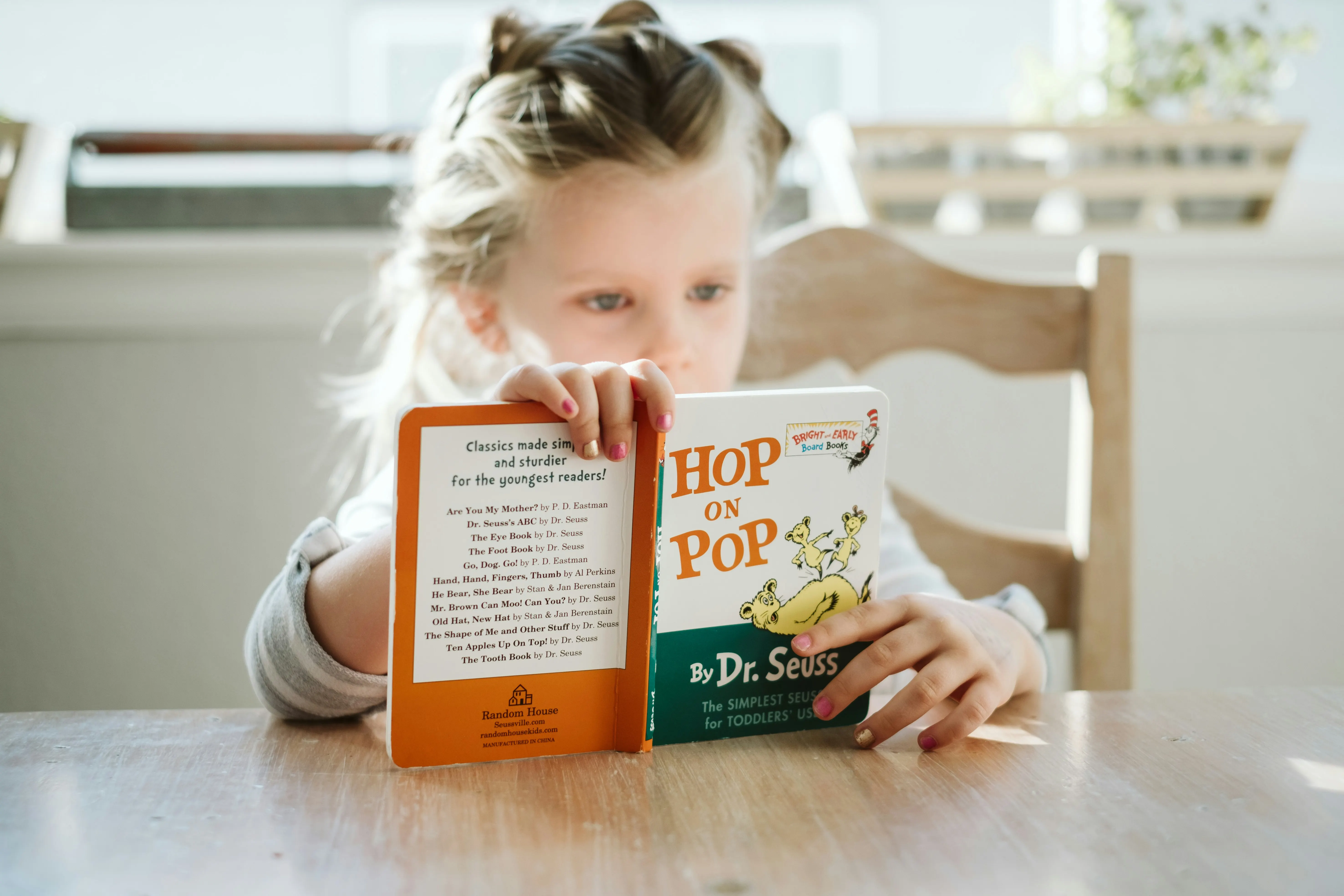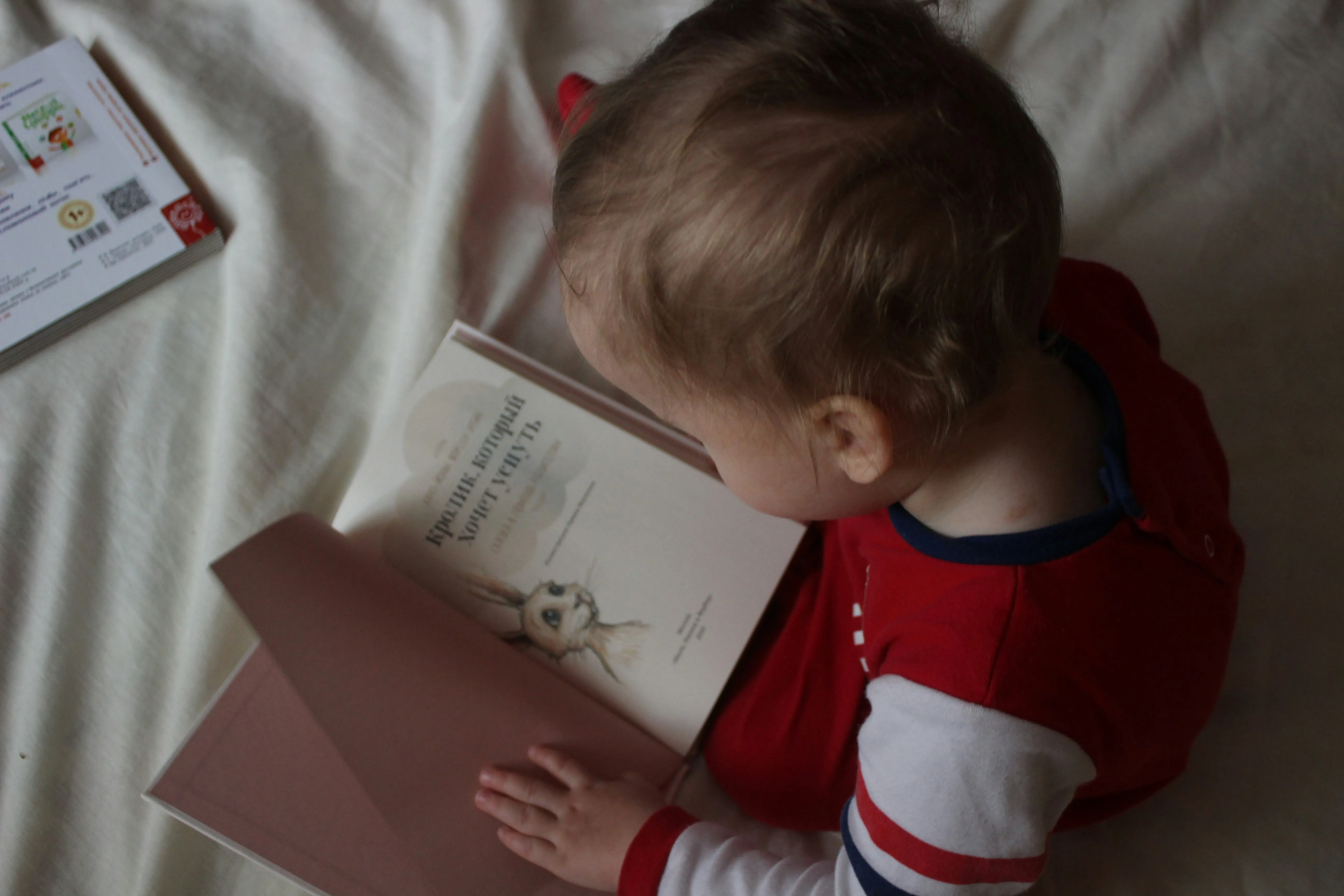Cognitive Development in Toddlers
Exploring the Wonders of Cognitive Development in Toddlers

As parents, watching your little one grow and develop is a wondrous experience. From the moment they take their first steps to the day they say their first words, every stepping stone is precious. Cognitive development plays a critical role on this path, shaping your little one's ability to learn, think, and understand the world around them. In this blog post, we will explore cognitive development in toddlers, from problem-solving skills to memory skills progression. We will also discuss how cognitive development lays the foundation for future learning and how parents can support their toddler's cognitive development by encouraging cognitive play and recognizing stepping stones. Join us as we take a fascinating voyage through your child's cognitive development!
Table of Contents
- Introduction
- Understanding Cognitive Development in Toddlers
- Role of Cognitive Skills in Toddler Development
- Importance of Object Permanence
- The Process of Language Acquisition
- Building Vocabulary and Grammar Skills
- The Power of Simple Instructions and Basic Conversations
- Problem-Solving Skills: A Key Aspect of Cognitive Development
- Exploring Cause-and-Effect Relationships
- The Use of Trial and Error in Problem Solving
- The Role of Pretend Play in Developing Problem-Solving Abilities
- Memory Skills Progression in Toddlers
- Remembering and Recalling Daily Experiences
- Familiar Routines and Their Impact on Memory Skills
- The Fascinating Voyage of Cognitive Development
- How Cognitive Development Lays the Foundation for Future Learning
- The Lasting Impact of Toddler Cognitive Development on Future Abilities
- Supporting Your Toddler's Cognitive Development
- Encouraging Cognitive Play for Toddlers
- The Role of Block Play in Cognitive Development
- Examples of Cognitive Development Activities for Toddlers
- How Can Parents Recognize Cognitive Development Stepping Stones in Toddlers?
- Frequently Asked Questions Answered
- What is cognitive development in toddlers?
- Why is cognitive development important?
- What activities promote cognitive development in a child?
- Conclusion
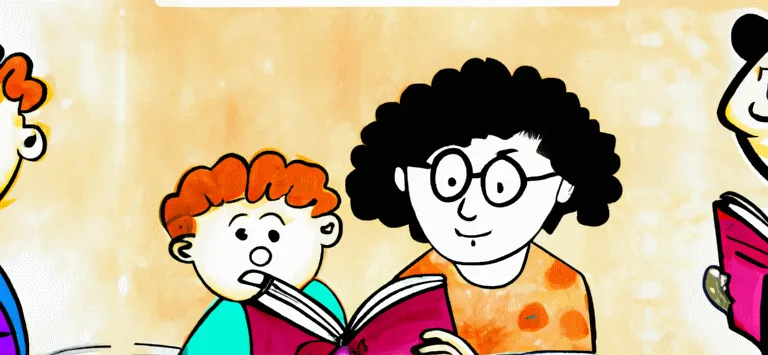
Understanding Cognitive Development in Toddlers
Toddlers progress through cognitive stepping stones at their own pace, involving language acquisition and problem-solving abilities. These achievements contribute to crucial brain development, impacting early childhood learning and daily activities. Cognitive growth entails the exploration of new objects and information, forming a vital part of a toddler's development.
Role of Cognitive Skills in Toddler Development
Cognitive skills are crucial for a toddler’s intellectual, emotional, and physical growth. They aid in developing reasoning, problem-solving abilities, and language skills. These skills form the foundation for future cognitive abilities in older children. The development of cognitive skills is essential for laying the groundwork for a child's cognitive development later in life.
Importance of Object Permanence
Understanding object permanence, a significant cognitive stepping stone in infancy, enhances a toddler’s problem-solving abilities and supports their overall cognitive development. It helps toddlers make sense of the world around them and forms the basis of their concept of objects and their existence. This important cognitive skill paves the way for their future cognitive abilities and reasoning.

The Process of Language Acquisition
Language acquisition in toddlers evolves through everyday activities and interactions, integral to their cognitive development. It’s a pivotal phase that intertwines with playtime, fostering the ability to comprehend new words, rhymes, and simple instructions. Toddler’s cognitive development significantly hinges on their language acquisition capacity, forming the foundational ground for future learning processes and problem-solving abilities.
Building Vocabulary and Grammar Skills
Stimulating a toddler’s cognitive development involves crucial steps such as building vocabulary and grammar skills. These skills contribute significantly to language acquisition and enhance the toddler’s ability to process new information. Vocabulary and grammar skills are like puzzle pieces that fit into the learning process, laying the foundation for future language and literacy development.
The Power of Simple Instructions and Basic Conversations
Engaging in uncomplicated conversations aids a toddler’s language acquisition process, supporting cognitive development. Providing simple instructions fosters a toddler’s language development, shaping their language acquisition ability. This communication forms the puzzle pieces of a child’s development, influencing their emotional development and attention span positively. Encouraging basic conversations and simple instructions is vital for a toddler’s language acquisition and cognitive development.

Problem-Solving Skills: A Key Aspect of Cognitive Development
Exploring cause-and-effect relationships is vital for problem-solving skills in toddlerhood, fostering cognitive development. Trial and error play a significant role in understanding how things work, contributing to a toddler’s brain development. Moreover, developing problem-solving abilities through pretend play is essential for the cognitive growth of toddlers.
Exploring Cause-and-Effect Relationships
Stimulating toddlers' cognitive development involves exploring cause-and-effect relationships, a fundamental aspect contributing to problem-solving abilities. These relationships play a vital role in cognitive development, expanding toddlers' cognitive abilities. Understanding how things are connected forms a crucial puzzle piece in toddlers' learning process, fostering their overall cognitive development.
The Use of Trial and Error in Problem Solving
Encouraging toddlers to explore problem-solving through trial and error enhances their cognitive development and reasoning abilities. The process of trial and error plays a significant role in developing problem-solving skills, contributing to the overall cognitive growth in toddlers. By allowing for mistakes and encouraging experimentation, toddlers can develop their problem-solving abilities, laying the foundation for future cognitive development.
The Role of Pretend Play in Developing Problem-Solving Abilities
Engaging in imaginative play nurtures problem-solving skills in toddlers, enhancing cognitive development. Pretend play serves as an invaluable tool for fostering problem-solving abilities in toddlerhood. By participating in make-believe scenarios, toddlers stimulate their cognitive growth and reasoning abilities, laying a strong foundation for future learning and development. This form of play is crucial for nurturing their problem-solving skills.
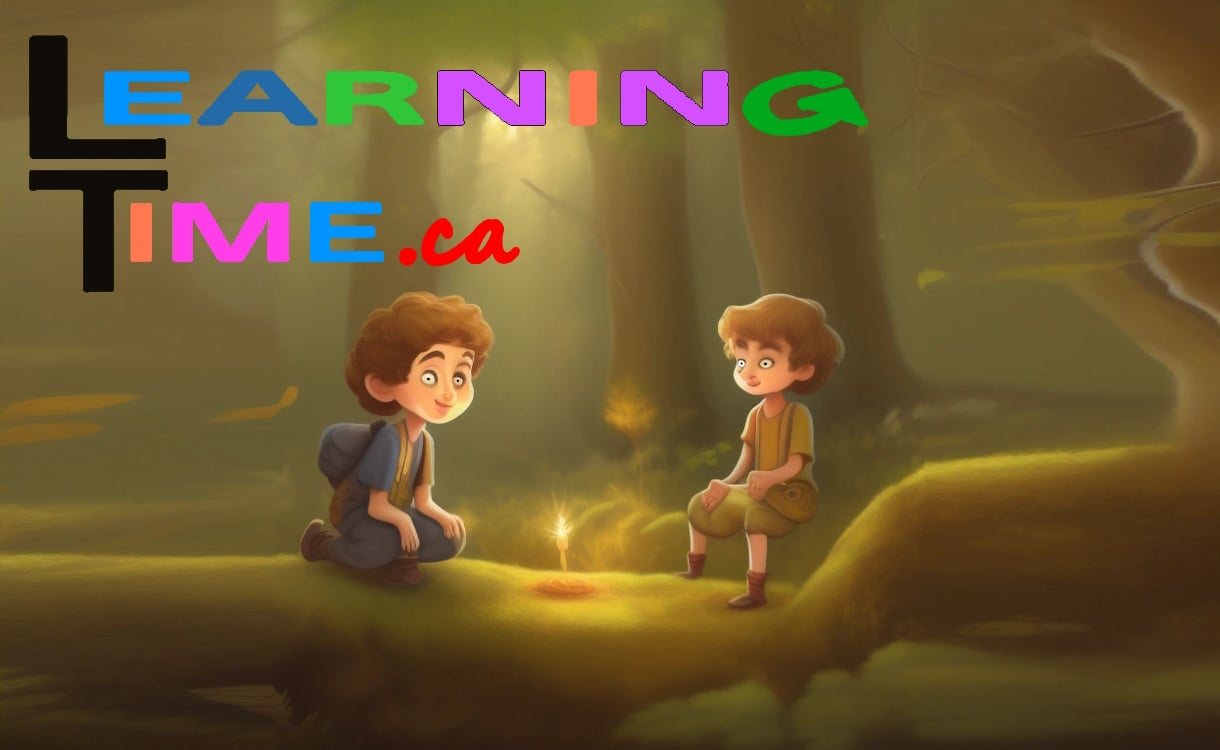
Memory Skills Progression in Toddlers
Toddlers' memory skills progress swiftly during early childhood. Their ability to remember and recall information improves significantly as cognitive development plays a vital role in this progression. Engaging toddlers in simple games and activities aids in enhancing their memory skills, contributing positively to their overall cognitive development. Encouraging participation in cognitive activities is beneficial for their memory skills advancement.
Remembering and Recalling Daily Experiences
Toddlers' ability to recall daily experiences stems from developing cognitive stepping stones and nurturing cognitive skills. Daily life occurrences contribute significantly to their memory abilities. Encouraging language development plays a vital role in supporting toddlers as they recall daily experiences. As parents and caregivers, nurturing the cognitive skills of toddlers aids in their ability to remember and recall daily experiences.
Familiar Routines and Their Impact on Memory Skills
Consistent daily activities form the basis for memory skills development in toddlers. These routines support and reinforce memory skills through repetition, positively impacting cognitive development. Familiar routines play a crucial role in enhancing a toddler's ability to retain new information and experiences. The impact of familiar routines on memory skills progression is a vital aspect of early childhood development.

The Fascinating Voyage of Cognitive Development
Witnessing the captivating development of cognitive growth in toddlers is truly fascinating. As they explore and play, their cognitive abilities expand, forming the basis for reasoning and problem-solving. Understanding these cognitive stepping stones offers valuable insights into a toddler's development. It's remarkable to see the significant difference cognitive development makes in young children's lives.
How Cognitive Development Lays the Foundation for Future Learning
The foundational cognitive development in young children is crucial for their future learning. It significantly influences language acquisition and problem-solving abilities, paving the way for emotional and intellectual growth. A child's cognitive skills established during the early years have a lasting impact on their future learning potential. Understanding cognitive development is paramount in nurturing a child’s abilities to their fullest potential.
The Lasting Impact of Toddler Cognitive Development on Future Abilities
Understanding a toddler's cognitive development is like piecing together a puzzle to comprehend their future potential. It forms the building blocks for their intellectual growth, shaping abilities that will persist into adulthood. By nurturing cognitive development in infancy, we lay the groundwork for enhanced cognitive capabilities in adolescence and adulthood, underscoring the long-term implications of early interventions.

Supporting Your Toddler's Cognitive Development
Encouraging play that stimulates cognitive development is crucial for toddlers in their first 36 months. Providing simple instructions and engaging them in pretend play aids in their cognitive development. Interactive daily routines, involving activities such as puzzles and coloring, also support their cognitive growth. Supporting toddlers' cognitive development at this stage lays a strong foundation for their future learning and emotional development.
Encouraging Cognitive Play for Toddlers
Encouraging toddlers to engage in play fosters cognitive development, aids in brain development, and enhances reasoning abilities. By introducing problem-solving activities, new objects, and engaging experiences, you can support their learning process. These activities help in laying the foundation for cognitive abilities in later years of age.
The Role of Block Play in Cognitive Development
Exploring and building with blocks fosters cognitive growth in toddlers, supporting their cognitive development. Engagement in block play enhances problem-solving skills and nurtures cognitive abilities. Through the exploration of different block shapes and sizes, young children develop important cognitive skills. Block play is a valuable activity that aids in nurturing toddlers' cognitive development.

Examples of Cognitive Development Activities for Toddlers
Engaging in imaginative play supports young children's cognitive growth and emotional development. Puzzles and matching games aid in cognitive development by stimulating problem-solving skills. Encouraging toddlers to explore new objects and concepts fosters cognitive development and the learning process. Activities like picture books and rhymes also contribute to toddlers' cognitive development.

How Can Parents Recognize Cognitive Development Stepping Stones in Toddlers?
Recognizing cognitive stepping stones in toddlers is crucial for parents. It helps them understand their child's development and provide the necessary support. By being aware of these stepping stones, parents can create a stimulating environment and tailor activities to meet their child's needs. This contributes to overall growth and development.

FREQUENTLY ASKED QUESTIONS ANSWERED
What is cognitive development in toddlers?
Cognitive development in toddlers refers to the growth and development of their mental abilities. It encompasses skills like problem-solving, memory, language, attention, and perception. Influenced by their environment and interactions with caregivers, toddlers' cognitive development can be supported through engaging play-based learning activities.
Why is cognitive development important?
Cognitive development is a critical process for toddlers as it allows them to understand and navigate their environment effectively. It helps them build essential skills such as problem-solving, communication, and decision-making. Moreover, cognitive development lays the groundwork for future academic success and overall social, emotional, and behavioural well-being.
To foster strong cognitive development in toddlers, parents and caregivers can engage children in activities that promote learning and exploration. For example, reading books together, playing educational games, and encouraging imaginative play can help build language skills, creativity, and critical thinking abilities.
Additionally, providing a safe and stimulating environment with ample opportunities for exploration can aid in developing sensory-motor skills and spatial awareness. Early childhood education programs also play a crucial role in promoting cognitive development by providing structured learning opportunities that are tailored to a child's developmental needs.
It is important to note that every child develops at their own pace; therefore, it is essential to be patient while fostering cognitive development in toddlers. Creating an environment that supports curiosity and learning can go a long way in helping children thrive both academically and socially.
What activities promote cognitive development in a child?
Engage in activities that promote cognitive development in your child. Reading books together and sparking discussions can enhance language skills and imagination. Encourage problem-solving abilities through puzzles, blocks, and shape sorters. Foster cognition with sensory play using sand, water, and clay. Encourage pretend play to boost social skills and creativity.
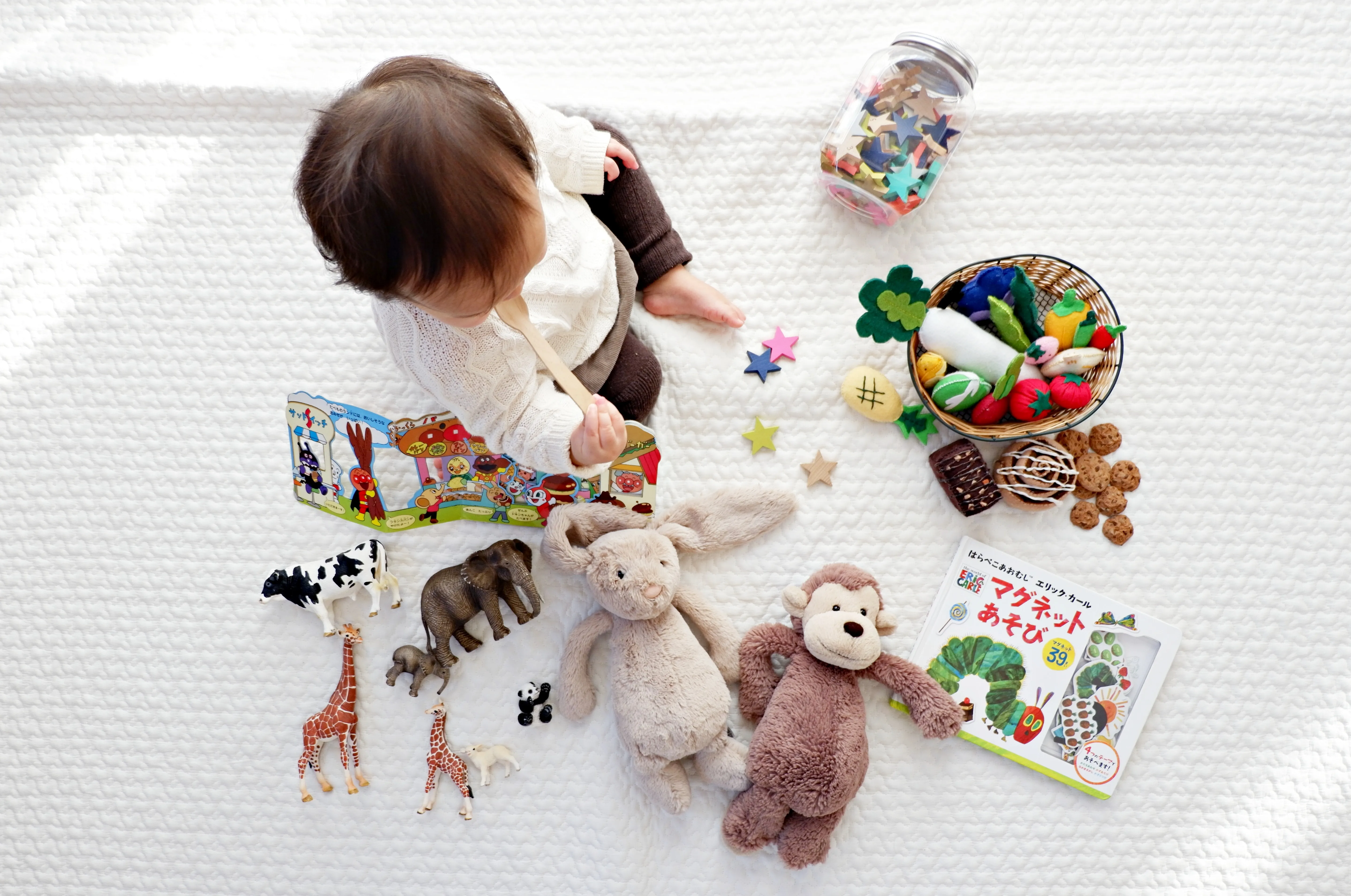
Conclusion
The journey of cognitive development in toddlers is a fascinating and exciting one, marked by constant growth and learning. It encompasses a wide range of aspects such as problem-solving abilities, memory skills, language acquisition, and cognitive skills. As parents or caregivers, it is important to provide a nurturing environment that encourages cognitive play and exploration. Engaging in activities like building blocks and basic conversations can have a positive influence on their development.
Recognizing cognitive stepping stones in your toddler's development and celebrating their achievements can further nurture their abilities. This incredible journey of cognitive development lays the groundwork for future learning and has a lasting impact on their overall abilities. Embracing this journey with optimism can help you watch your toddler's cognitive abilities thrive. Furthermore, incorporating sensory play into daily routines can also enhance their cognitive development by stimulating various senses and promoting active exploration.


